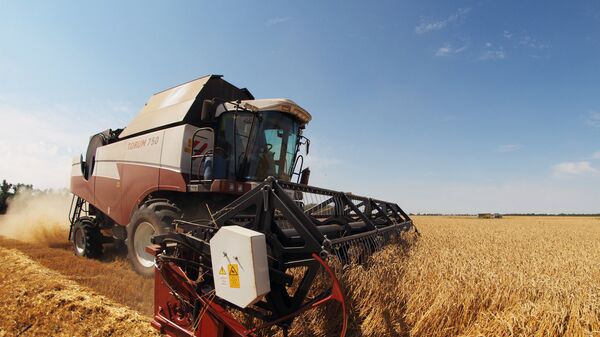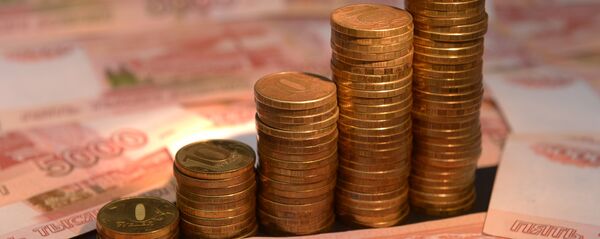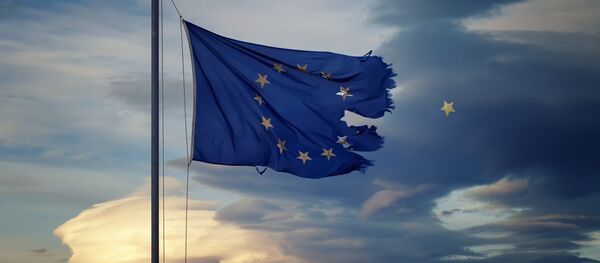This is reflected in the export of agricultural products: for the first time in its history, the Russian Federation has started to earn more from food exports than from the arms trade, Spiegel Online correspondent Benjamin Bidder reported.
As an example, he referred to journalist-turned-farmer Dmitry Klimov, who now breeds chickens, geese and guinea fowl to produce coveted delicacies like foie gras and smoked sausage from poultry meat.
Russian Agriculture Minister sees over 100 mln-tonne grain harvest for 2016 #SPIEF https://t.co/M0Z7XL0vcw pic.twitter.com/QbVbov4N7V
— SPIEF (@SPIEF) 31 августа 2016 г.
His farm, which is located about two hours to the north of Moscow, supplies these delicacies to elite restaurants in the capital as well as well-to-do private clients.
"Klimov belongs to a growing new wave of Russian farmers, who have repeatedly grabbed Russian headlines since President Vladimir Putin imposed a ban on the import of food products from Europe during the Ukrainian crisis," according to Bidder.
"It is Moscow's dream that Russia could emerge even stronger than it was before after the confrontation with the West," he said.
Elsewhere, enterprising Russians are trying their hand at everything from making cheese to brewing craft beer.
@shaunwalker7 @SvobodaRadio Excellent. best thing about the sanctions is that they promote Russian agriculture — now top growth sector
— Eric Kraus (@EricKraus99) 6 августа 2015 г.
Bidder recalled that Russia's agricultural sector came to a standstill following the collapse of the Soviet Union in 1991, when about 35 million hectares of arable land was lost in the country, almost equal to the total size of Germany.
"This negative trend has stopped since 2014 which saw the growth of agriculture's share in the Russian economy's added value… Last year, Russia for the first time earned more on exports of agricultural products than on arms exports," Bidder said.
Of course, it is too early to speak of the full revival of Russian agriculture due to the isolation of the Russian market in the wake of the sanctions row, Bidder said.
Olivia Kroth: Times of growth for Russian agriculture https://t.co/C2vDNY4DdQ pic.twitter.com/VTdmJeOfwf
— Olivia Kroth (@OliviaKroth) 9 августа 2015 г.
At the same time, he added that ordinary Russian farmers have already started to benefit from the fact that European competition has disappeared from the Russian market.
Prime Minister Dmitry Medvedev said at the time that Russia would ban all beef, pork, fish, fruit, vegetables and dairy products from the European Union, the United States, Canada, Australia and Norway for one year; this ban has since been extended twice.
On July 1, the European Union extended sanctions against Russia for another six months, until January 31, 2017.




